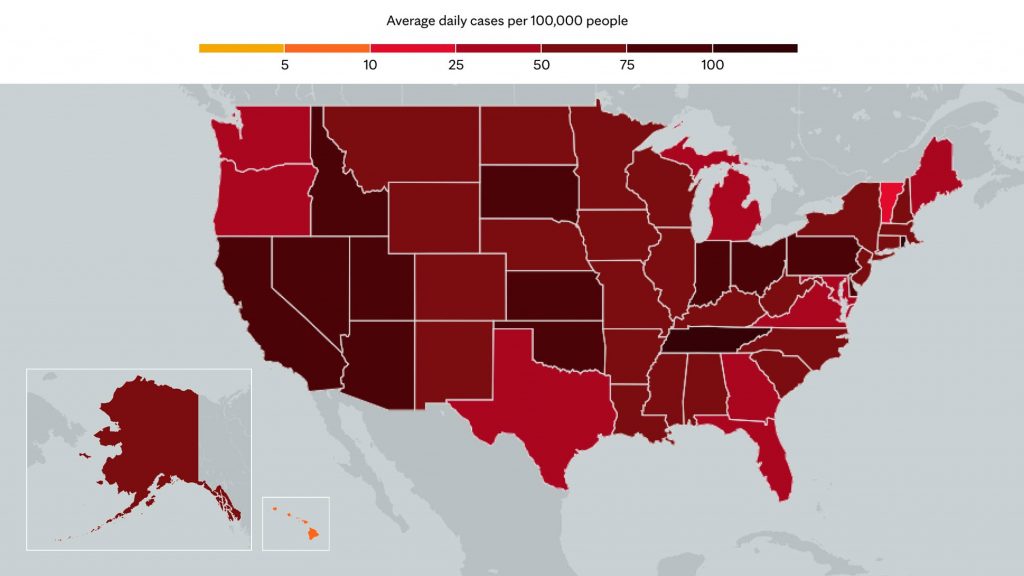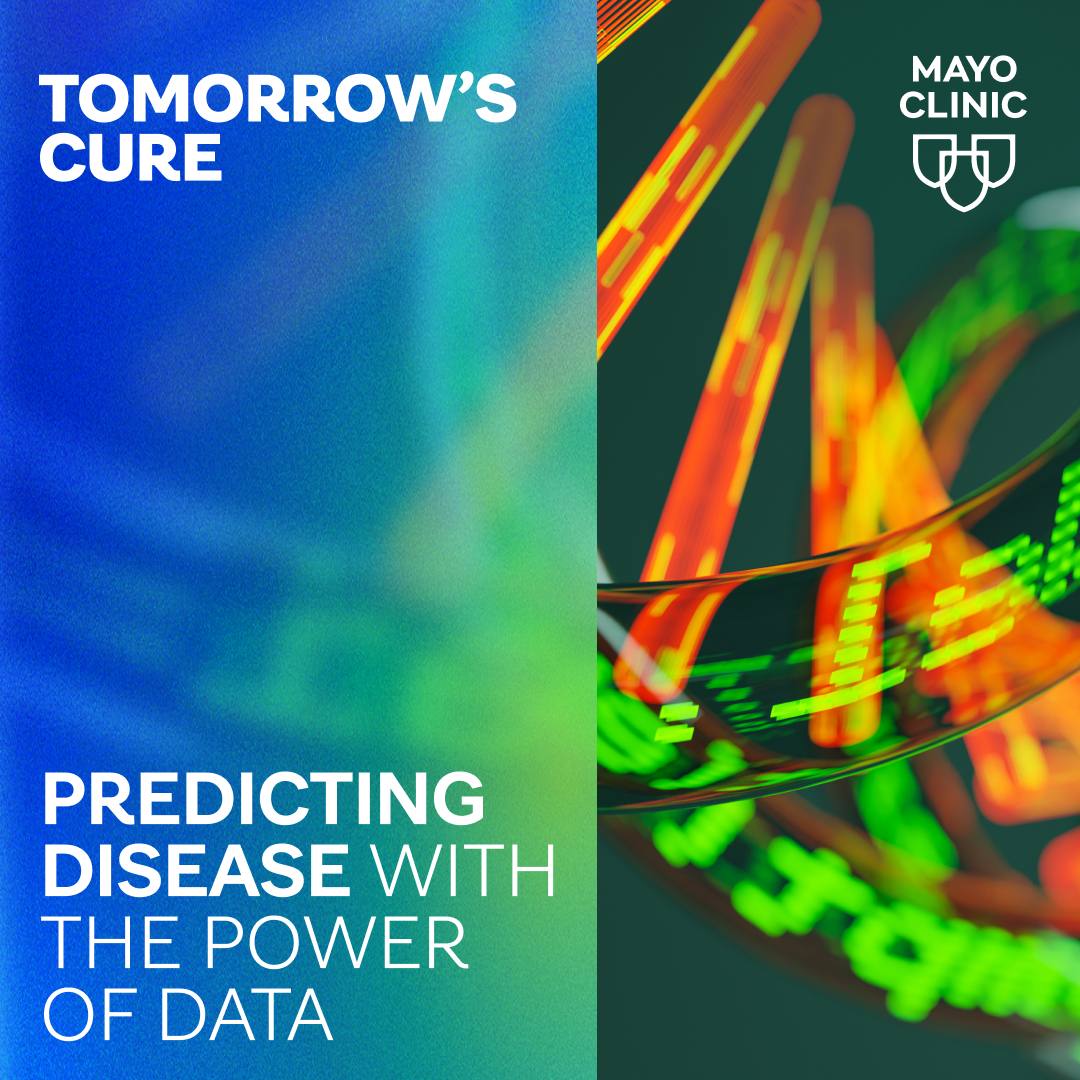
There are more questions than answers about the recent news in the U.K. of a new version — or variant — of SARS-CoV-2, the virus that causes COVID-19. A rapid increase in COVID-19 cases in the U.K. has been linked to this variant of the virus, but health officials say mutation of viruses is common and shouldn't be cause for immediate alarm.
"What we know is that any virus, including the SARS-CoV-2 virus, mutates over time. As the virus mutates, that can impact the ability of the virus to bind to a cell, enter a cell, replicate in a cell, and make new progeny, or daughter, viruses. This new strain in the United Kingdom has multiple mutations in it, and that is not an unexpected phenomenon," says Dr. Andrew Badley, an infectious diseases physician and head of Mayo Clinic's COVID-19 Research Task Force.
Watch: Dr. Andrew Badley discusses new COVID-19 virus variant.
Journalists: Broadcast-quality sound bites with Dr. Badley are in the downloads at the end of the post. Please "Courtesy: Andrew Badley, M.D./COVID-19 Research Task Force/Mayo Clinic."
The Centers for Disease Control and Prevention says it is monitoring the situation in the U.K., as public health officials study this new variant in the hopes of controlling the spread. This variant of the virus appears to be more contagious, but there is no evidence that it causes more severe disease.
"What appears to be the case is that this virus can spread more rapidly between people. And we know that because over time, more and more of this virus is being isolated," says Dr. Badley. "We don't know how far this virus has spread throughout the world. I personally think it is probable that there are strains of this virus already in the United States. We don't know if there are reasons to think it causes worse disease. So far, the indications are (that it does) not."
While it's not possible to rule out, Dr. Badley emphasizes that there is no evidence to suggest that the COVID-19 vaccines will be ineffective against this new variant of the virus or that it is resistant to any treatments.
"I think the take-home message is: Today (there are) a lot of unknowns. Our treatments should still work against it. Our vaccine should still work against it. But it appears to spread more rapidly," says Dr. Badley.
__________________________________________
For the safety of its patients, staff and visitors, Mayo Clinic has strict masking policies in place. Anyone shown without a mask was recorded prior to COVID-19 or in an area not designated for patient care, where social distancing and other safety protocols were followed.
Information in this post was accurate at the time of its posting. Due to the fluid nature of the COVID-19 pandemic, scientific understanding, along with guidelines and recommendations, may have changed since the original publication date.
For more information and all your COVID-19 coverage, go to the Mayo Clinic News Network and mayoclinic.org.
Learn more about: Tracking and trending COVID-19

Related Articles







